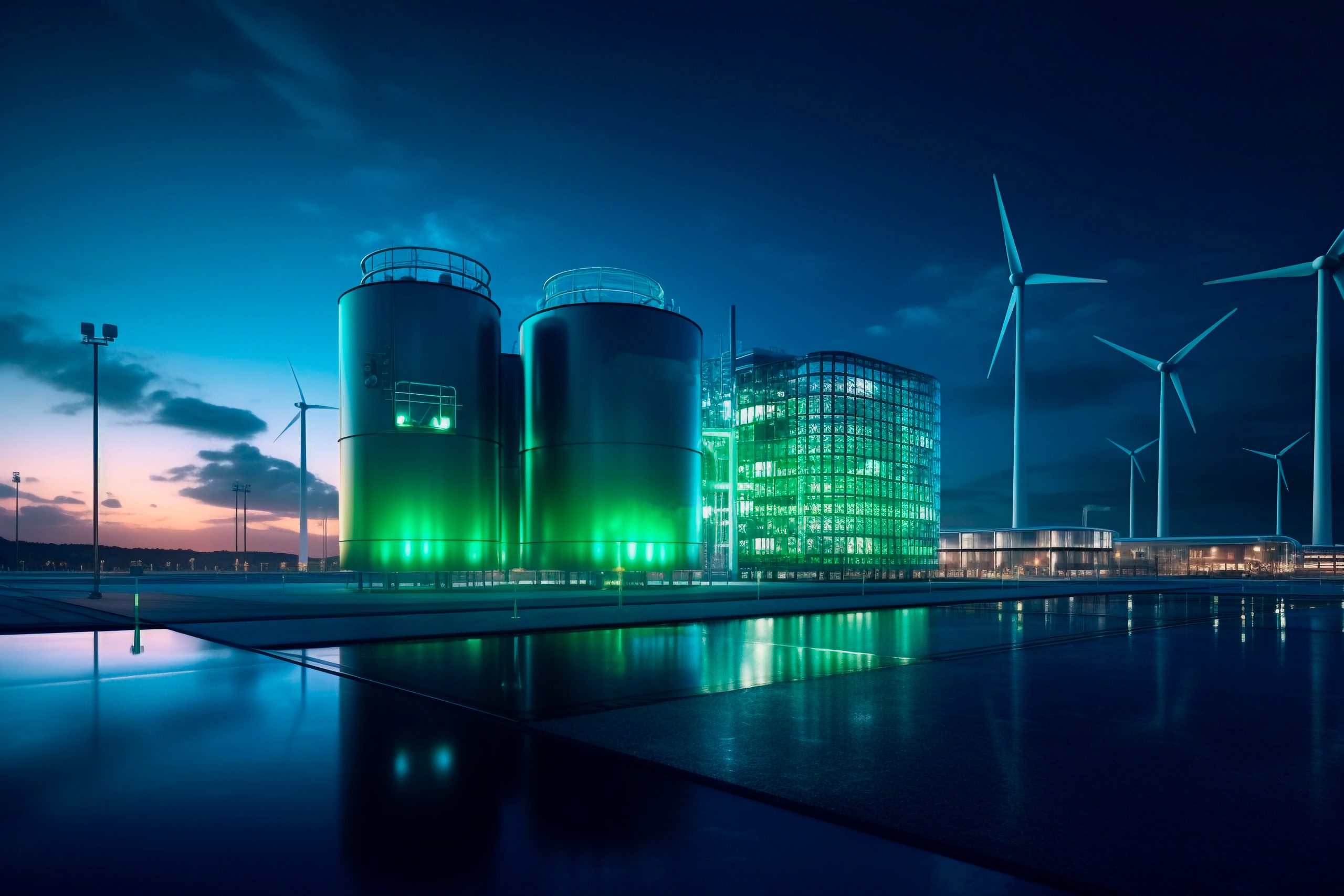France’s Promising Hydrogen-Industry Spearheaded by Lyfhe and Teréga

Although France is not known to be particularly proactive within the European hydrogen industry, recent news shows that the nation is well on track to reach its target of 700,000 tons of hydrogen energy per annum by 2030.
At the forefront of their clean energy movement sit two companies: Lyfhe and Teréga. Lyfhe’s impending hydrogen production unit will be the continent’s first to decarbonise the stainless-steel industry.
Teréga, who have had a meteoric rise, vouch, “We are firmly committed to decarbonisation” – their upcoming projects involving a ‘green hydrogen corridor’ prove this. Both companies are crucial to France’s mission of reducing carbon emissions and thus transitioning to cleaner energy solutions.
Teréga aim to lead France’s energy revolution
Teréga’s antecedent decarbonisation projects garnered major support, as demonstrated by the results of the CEI (Call for Expression of Interest), an establishment of the needs of interested parties.
As well as this, two major projects in which Teréga is a partner, (‘H2med; and Pycasso’) have obtained PIC (Project of Common Interest) status.
In regards to ‘H2med’, significant progress has been made. The project has established itself as the first green hydrogen corridor to supply Germany, an essential step in the European Commission to end reliance on Russian fossil fuels.
In addition, Teréga continues its role as a major accelerator of H2 development in the territories of southwest France with its project, ‘HySoW’. At the heart of the Occitanie and Nouvelle-Aquitaine regions, this infrastructure project should help to secure clean energy supplies.
Teréga has also made invaluable connections with others in the industry. An example would be their ‘PHARE 2’ partnership with Hyport, who together aim to make Toulouse-Blagnac airport one of the first pilot hydrogen hubs in Europe.
Lhyfe and Swiss Steel join in a bid to decarbonise the industry
Swiss Steel Group, one of the world’s largest producers, processors and distributors of long-special steel products, has decided to scrap natural gas in favour of green hydrogen within the Ugitech plant in Ugine. This will completely decarbonise the thermoprocessing phase of the industry. French, Nantes-based company, ‘Lhyfe’ has been selected to support it in this energy transition.
Lhyfe, who are signing their first MoU with a steel manufacturer, already possess three green-hydrogen production sites. More are currently being built across Europe.
They plan to install a green hydrogen production unit with a capacity of up to (and including) twelve tonnes per at the Ugitech plant. This green hydrogen would be supplied via a pipeline to the Ugitech plant. Lhyfe would also supply hydrogen to local mobility and industry companies. This will help develop the local hydrogen ecosystem and is particularly important in the run-up to the 2030 Winter Olympics.
Philippe Desorme, Vice Chief Executive Officer at Lhyfe noted, “We are delighted to sign this memorandum of understanding with Ugitech, whose commitment to decarbonisation we commend. The steel sector is a major consumer of fossil fuels and is one of the industrial sectors that should be decarbonised as a priority. The energy transition is going to become increasingly necessary to ensure the long-term survival of our industries, and green hydrogen is emerging as one of the pillars of this transition. It can and must now be deployed as quickly as possible, including in the steel sector”.
Frédéric Perret, Director of Development at Ugitech added, “Ugitech is coordinating the HYDREAMS project, which aims to demonstrate the feasibility of substituting natural gas with decarbonised hydrogen in thermal steel transformation processes (reheating and heat treatment furnaces).
HYDREAMS has nine European partners and has received a grant from the European RFCS fund
Using laboratory tests and industrial demonstrators, this project, which started in April 2023 and ends in October 2027, will verify that hydrogen combustion will have no negative impact on processes and products. The next step is to roll out this new solution to all systems for which direct electrification is not a compatible option. This is the purpose of this MoU with Lhyfe.”
As per a 2023 study conducted by Teréga, the majority of French people see hydrogen as a clean and viable energy alternative (82%); a resource that can be produced locally (87%) and useful for reducing carbon emissions (81%). Judging from this, France is aware of the potential of hydrogen and is more than ready for it. Teréga and Lhyfe are a crucial piece in the jigsaw of France’s hydrogen revolution.
Byline by Sonny Riddell

